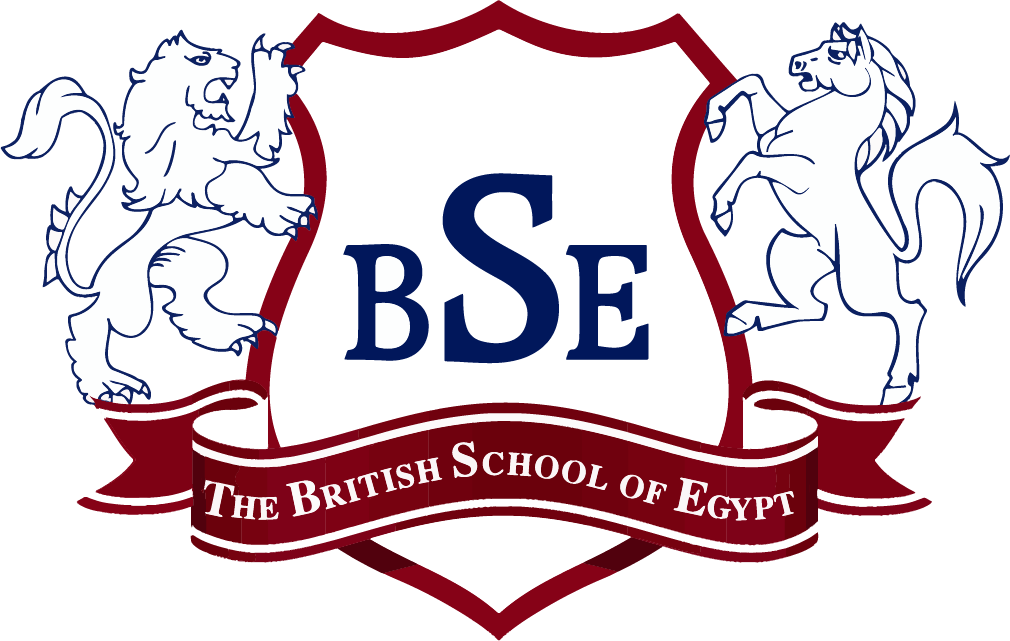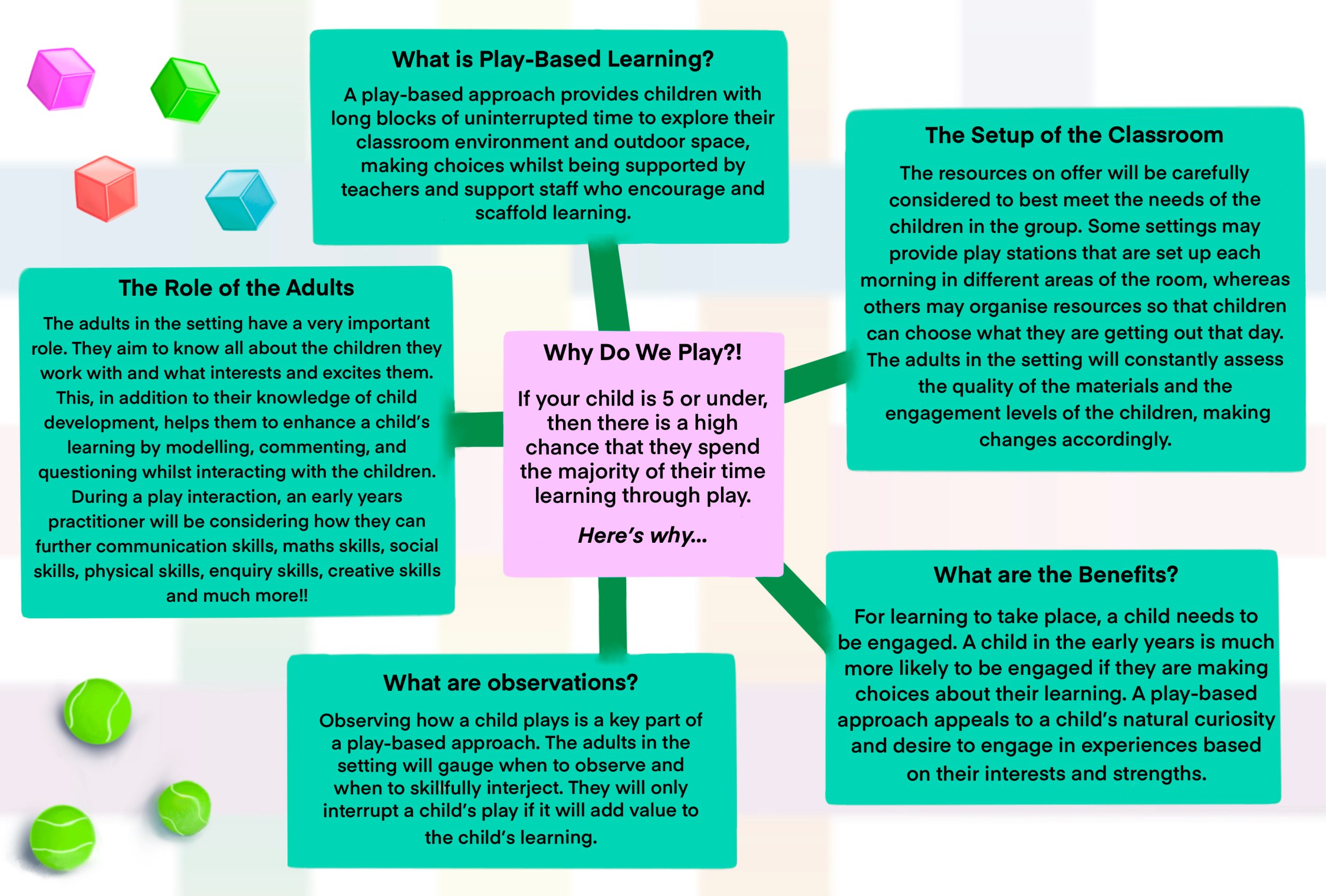Early Years of Foundation Stage
It is with great pleasure that I welcome you to The BSE and the EYFS department. We believe that every child deserves the best possible start in life and the support that enables them to fulfil their potential. Here, at the BSE, Early Years teachers shape their teaching according to the principles of the British Statutory Framework for the Early Years Foundation Stage and we believe in a holistic approach to each child’s individual learning throughout their early years experience.
In EYFS play is the means through which children find stimulation, well-being and happiness. It is the means through which children grow physically, intellectually and emotionally. Play is the most important thing for children to do and the most relevant way of offering learning, both indoors and outdoors. Our learning environment is well suited to meeting children’s needs for all types of play, as well as building upon first-hand experiences as much as possible.
Clare Graham
EYFS Head
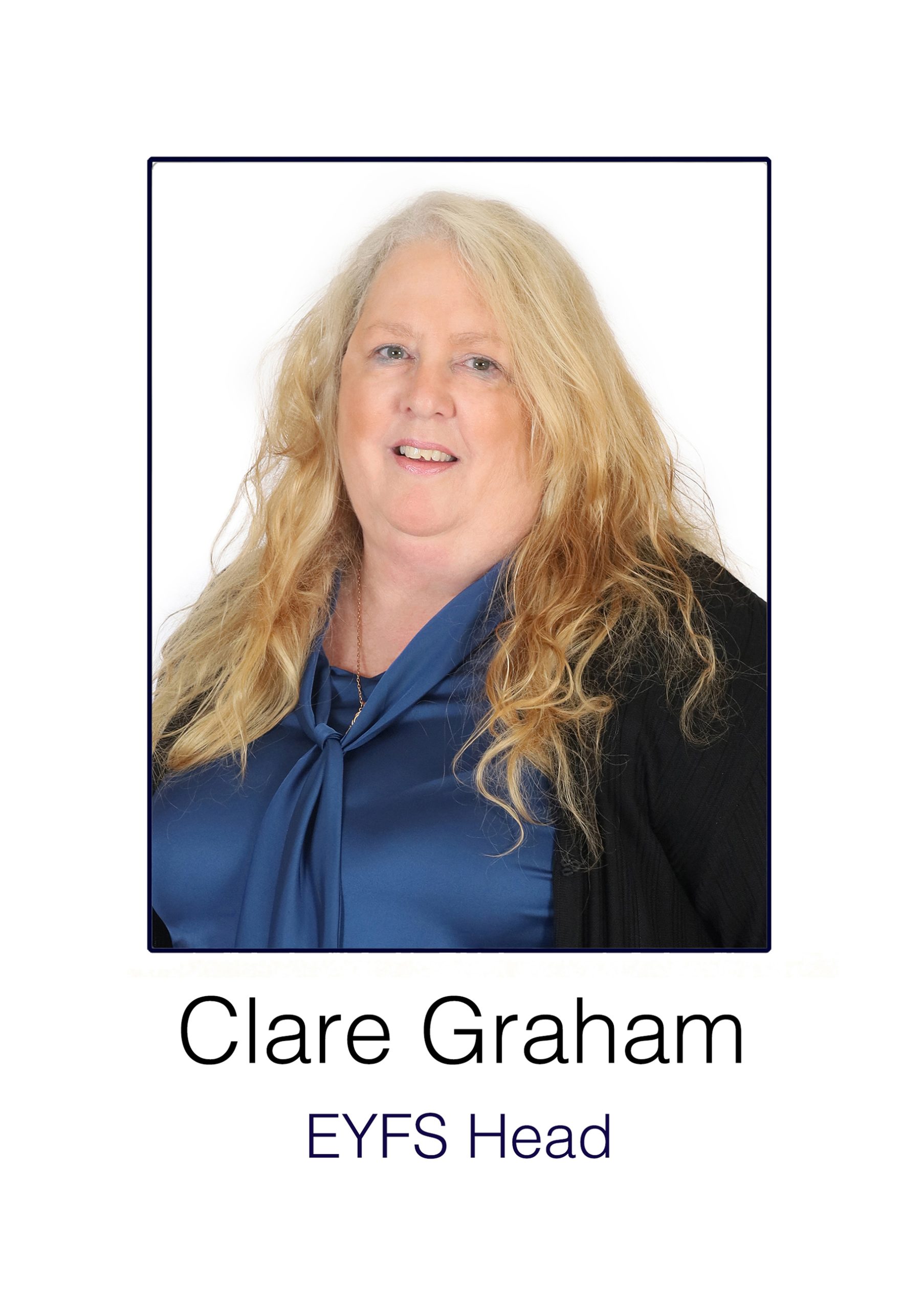
EYFS Framework
Department Overview
The Statutory Framework for the Early Years Foundation Stage (EYFS) sets the standards for promoting the learning, development
and safety of children from birth to five years. At BSE we follow the Statutory Framework in EYFS for children from 2½ years to 5½ years.
The curriculum is a framework for setting out the aims of a programme of education, including the knowledge and understanding that is to be gained in each stage and for evaluating what knowledge and skills children have gained against expectations.
Some important concepts we consider, within this framework, are that prior knowledge allows learning of new information to take place and that progress means knowing more and remembering more.
We believe in
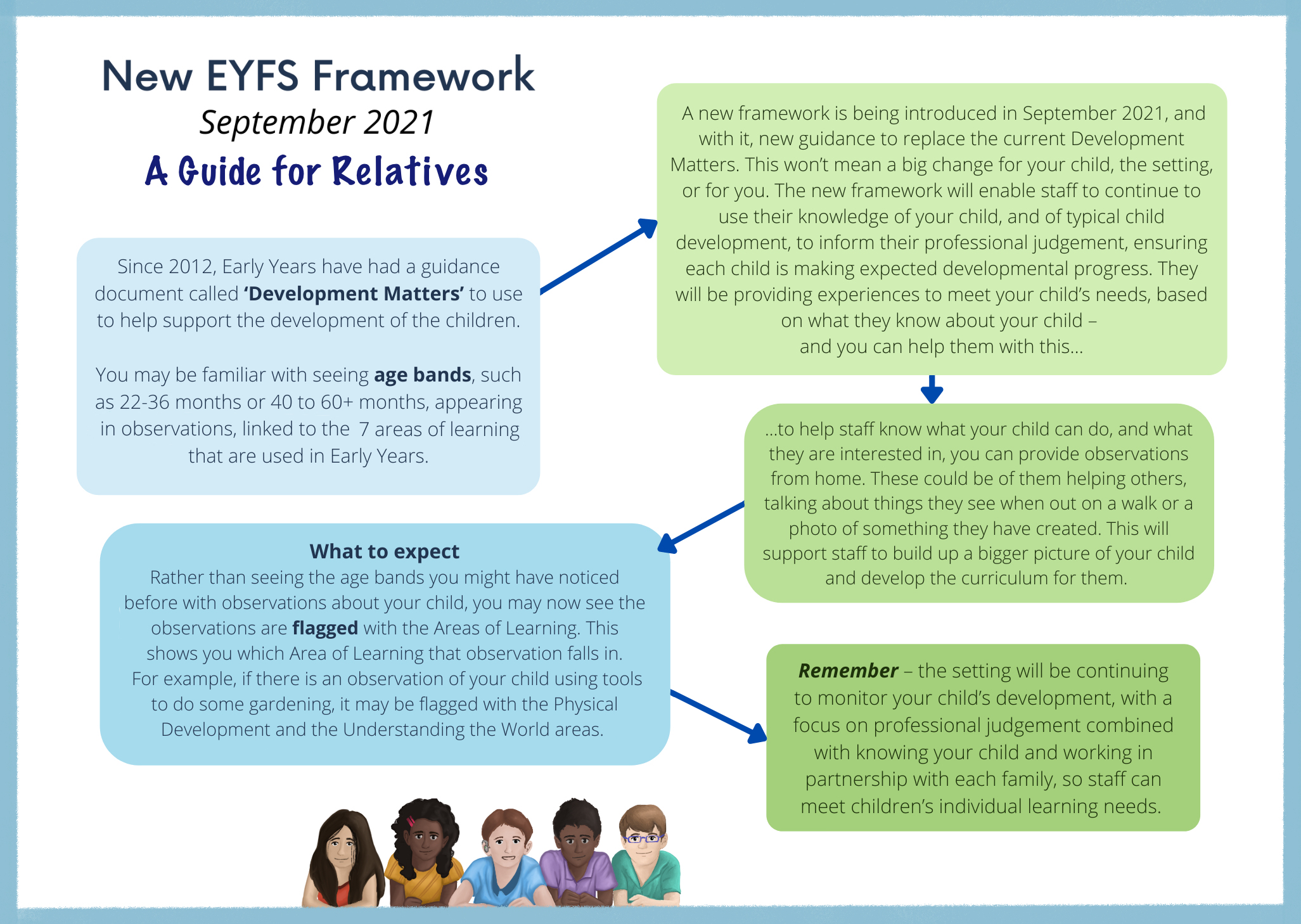
Equality and Inclusion
EYFS Characteristics of Effective Teaching & Learning
- Sharing good practice
- Transition Matters
- Parent Inclusion
EYFS Characteristics of Effective Teaching & Learning
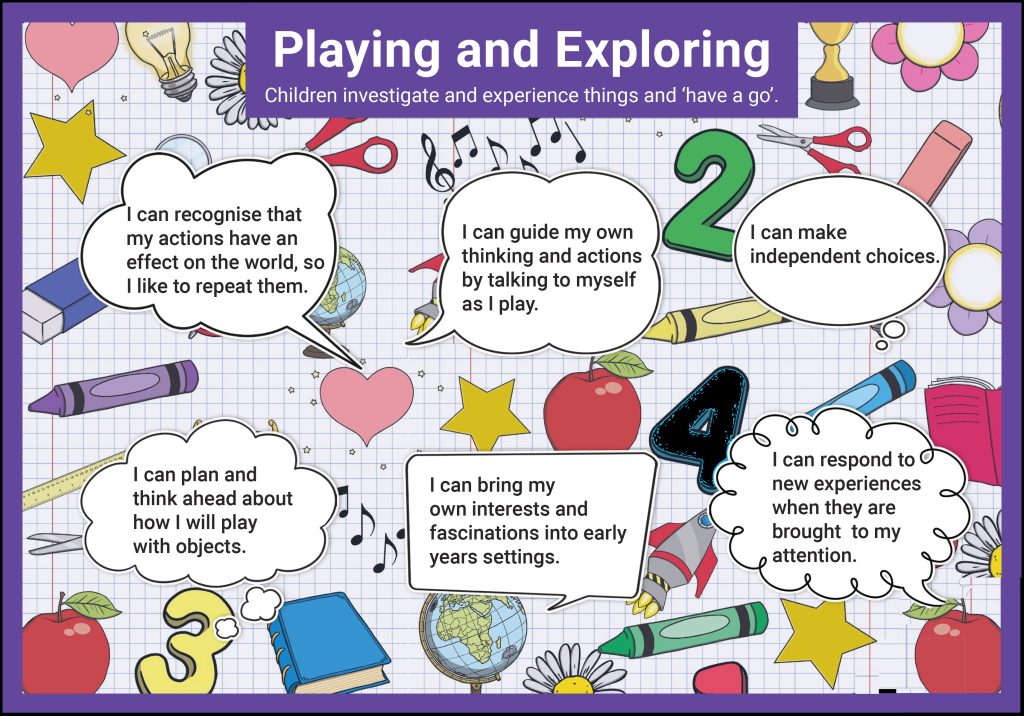
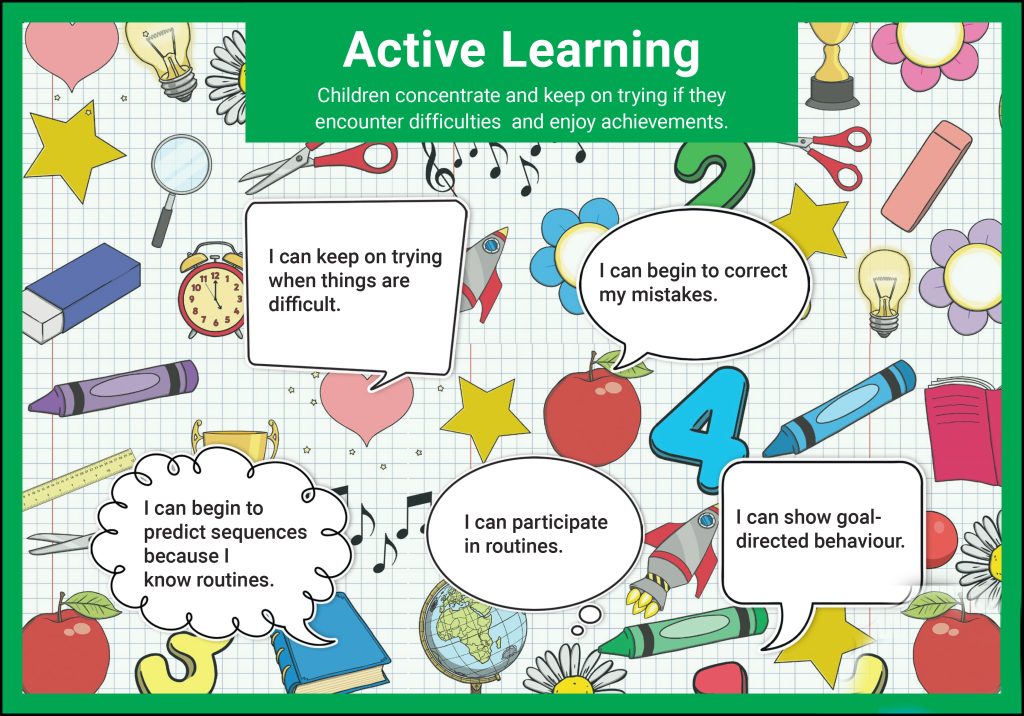
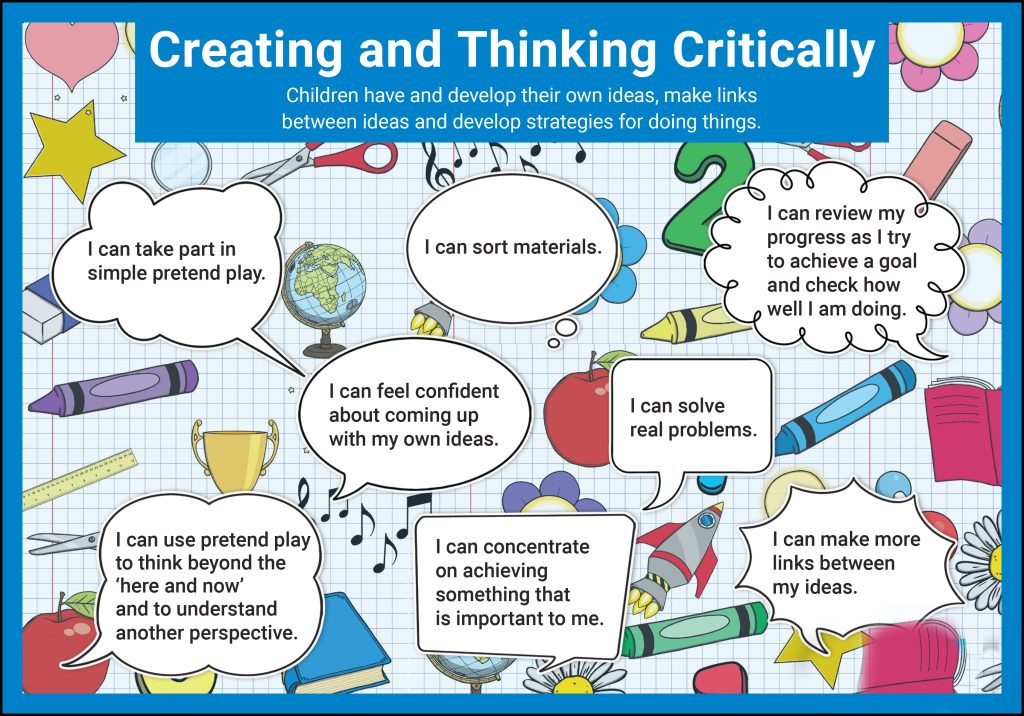
E-Resources
Early Years education aims to ensure that young children have high-quality learning experiences before they start school. At BSE our Early Years Department approach this through:
- Communication and language activities
- Play-based learning
- Interactive story-books, creative and physical activities
- Parent support to encourage learning at home
By following this learning approach, we aim to improve learning outcomes and by incorporating e-learning into our curriculum it helps children remember information more clearly, motivate them to develop new skills and supports them mentally whether they are right or wrong. E-learning also encourages interaction when working in groups.
We offer
- ViewSonic ViewBoards in all Early Years classrooms
- Offering interactive flat panel displays with content sharing and interactive ViewBoard displays help with presentations, brainstorming, collaboration and decision making. Children are able to write, edit and draw on-screen as well as participate in interactive games.
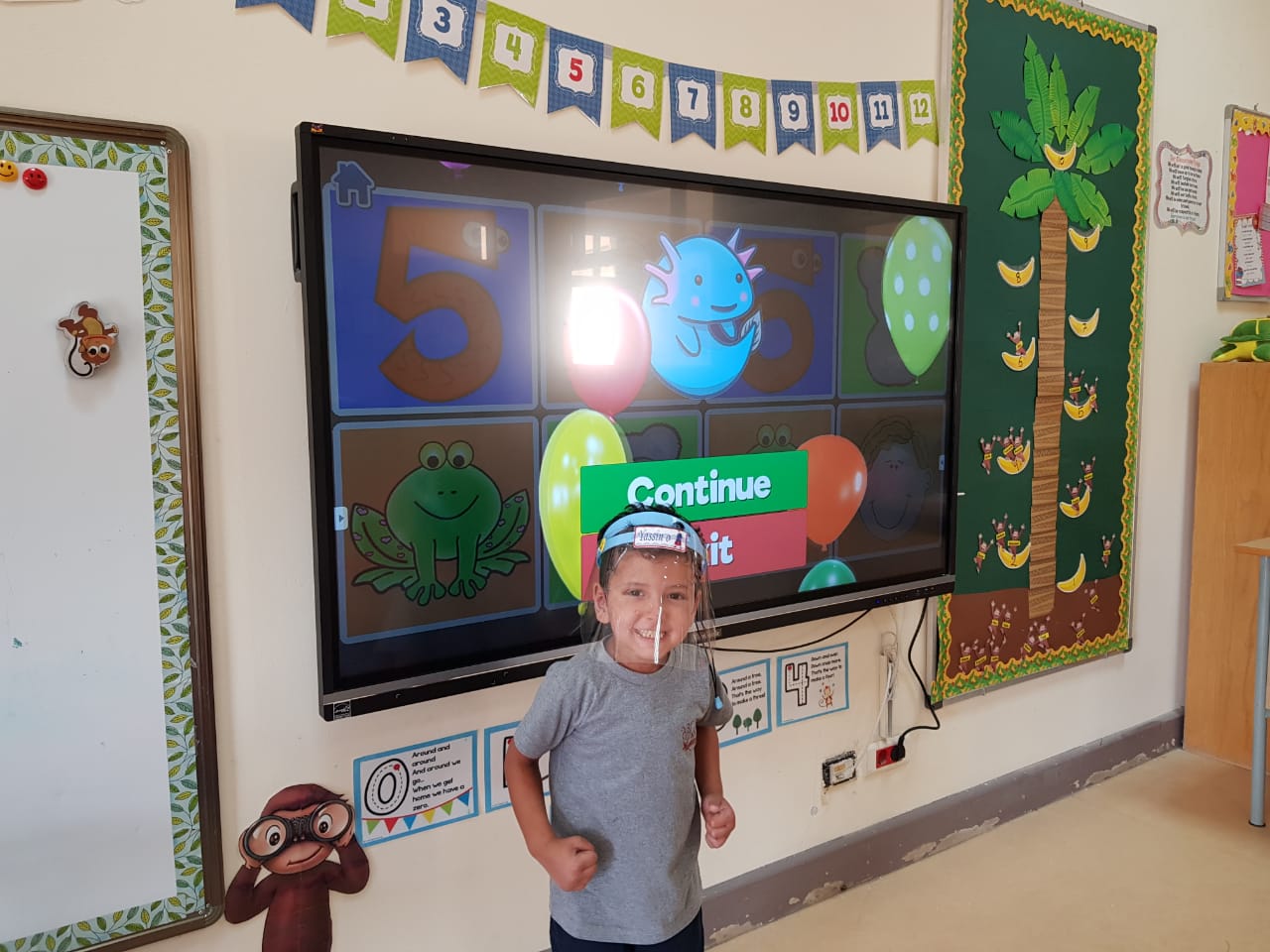
Learning Platforms
At BSE in EYFS we use the following so as to enhance your child’s learning and development:
Tapestry
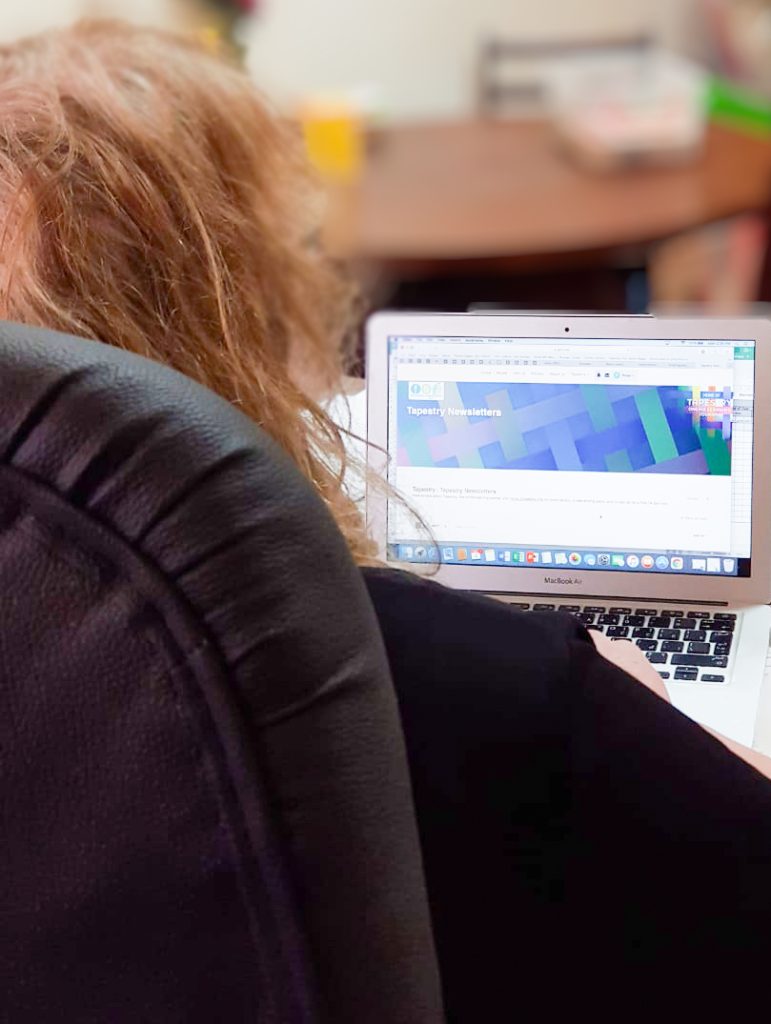
- A secure online learning journal to help record and celebrate all the learning and fun during your child’s time in EYFS
Monster Phonics
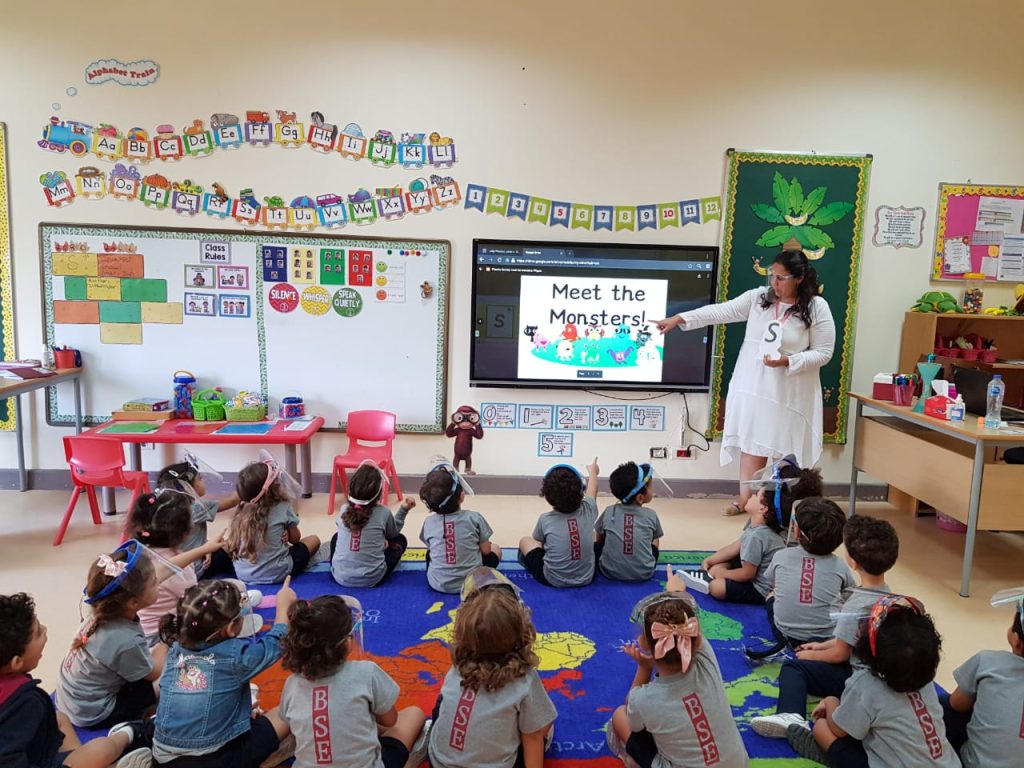
-
- A whole class scheme with a colour coded grapheme system unique to Monster
- Fun Monster Phonics Characters that the children love
- Audio-Visual prompts to help the children ‘see’ the individual sound within a word and help them to pronounce it correctly
- Parent resources and support
Bug Club
- Bug Club for all Early Years Classes
Bug Club is a core reading program to help to develop confident and motivated readers. It combines over 500 finely levelled books with interactive eBooks and an online reading world – so we can allocate books to individual pupils for home reading and assess their progress instantly.
Google Classroom
- Early Years Reading Room
- Early Years Certificates – Weekly Rewards
- Online Classroom
- Parent Focus Group – parent liaison and support
- Oxford Owl for School and Home
- Ebook library
- Educational activities and games
- Advice and parent support
Vooks
- Animated read-aloud books
- Child friendly and safe
- Extensive library of books
Rising Stars
Rising Stars Mathematics in the Early Years helps to: – enable children to develop a secure understanding of fundamental mathematical concepts through play and exploration.
Planning
Planning is key for any high-quality early years programme
- Our Long Term Plan follows the Early Years Framework
- Our Medium Term Planning focuses on or around a theme which shows the objectives in all 7 Areas of Learning. Our themes range from 4 to 6 weeks
- Planning is collaborative within a year group
- Our planning is done for the provision as a whole and for individual children, thereby meeting their unique temperaments and learning styles.
- To ensure that learning is effective and progressive, moving towards meeting the needs of all the children.
Early Learning Goals
The ELGs summarise the knowledge, skills and understanding that all young children should have gained by the end of the academic year in FS2 Reception.
The ELGs are not used as a curriculum but as an assessment during the summer term of the FS2 Reception year.
- We follow the four A’s in lesson planning
- Activating prior knowledge
- Acquiring new knowledge
- Applying the knowledge
- Assessing the knowledge
Assessment & Observation
Assessment in EYFS is in two parts –
- On-going assessment (formative assessment) which is what we do on a daily basis to ensure the decisions we make are related to what the child has learned or can do already so as to help them move forward – ‘next-steps’
- End of term assessments (summative assessment) which evaluates all the different learning and information from ‘on-going assessments’.
All this information is added to Tapestry (Learning Journal) showing each individual child’s achievements related to the Early Years Foundation Stage Profile, showing the levels they have reached in the 7 Areas of Learning and Development.
Main focus of Summative Assessment is on the Prime Areas of Learning
- PSED (Personal, Social and Emotional Development)
- PD (Physical Development)
- C&L (Communication and Language)
We also assess some Specific Areas of Learning during Summative Assessments
- Literacy
- Numeracy
Working collaboratively with parents to meet the individual needs of a child
- Sharing information
- Building relationships based on mutual trust and respect
Observation in EYFS
Observations of children are vital because each child has a unique skill set and observations in different situations capture these first hand. We observe the following areas as this gives us reliable information about children as individuals
- What a child chooses to do
- What their interests are
- Who do they like to play with
- Who do they like to work with
- What resources do they enjoy playing with
The Observing What a Child is Learning approach in the Development Matters in the Early Years Foundation Stage document can support developing systematic observations.
- Observations can provide opportunities to gauge children’s needs and more accurately help us to plan ‘next steps’ in their learning and development
- Observations are ongoing and a large part of our daily routines
- Observations are discussed with the child, their parents and as a team to give us a starting point for a holistic approach so as to ensure the child is central to what is Planned
Development Matters
Development is not an automatic process. It depends on each unique child having opportunities to interact in positive relationships and enabling environments.
The four themes of the EYFS underpin all the guidance. The image below – Development Matters shows how these themes and principles that inform them, work together for children in the EYFS.
The Development Matters document can help us to support children’s learning and development, by closely matching what we provide to a child’s current needs.
The Characteristics of Effective Learning and the prime and specific Areas of Learning and Development are all interconnected. The Unique Child reaches out to relate to people and things through the Characteristics of Effective Learning as you can see in the table below.
| Characteristics of Effective Learning |
|
Playing and exploring – engagement Finding out and exploring Playing with what they know Being willing to ‘have a go’ |
|
Active learning – motivation Being involved and concentrating Keeping trying Enjoying achieving what they set out to do |
|
Creating and thinking critically – thinking Having their own ideas – Making links – Choosing ways to do things |
| Area of Learning and Development | Aspect |
| Prime Areas | |
| Personal, Social and Emotional Development | Making relationships |
| Self-confidence and self-awareness | |
| Managing feelings and behaviour | |
| Physical Development | Moving and handling |
| Health and self-care | |
| Communication and Language | Listening and attention |
| Understanding | |
| Speaking | |
| Specific areas | |
| Literacy | Reading |
| Writing | |
| Mathematics | Numbers |
| Shape, space and measure | |
| Understanding the World | People and communities |
| The world | |
| Technology | |
| Expressive Arts and Design | Exploring and using media and materials |
| Being imaginative |
Staffing
At BSE in Early Years we have two Year Group Coordinators (YGC) who also teach in their respective year groups. Every class has a class teacher, Co-teacher, matron and nannie to support the daily activities within the class and to ensure the adult to child ratio meets guidelines for safeguarding requirements.

